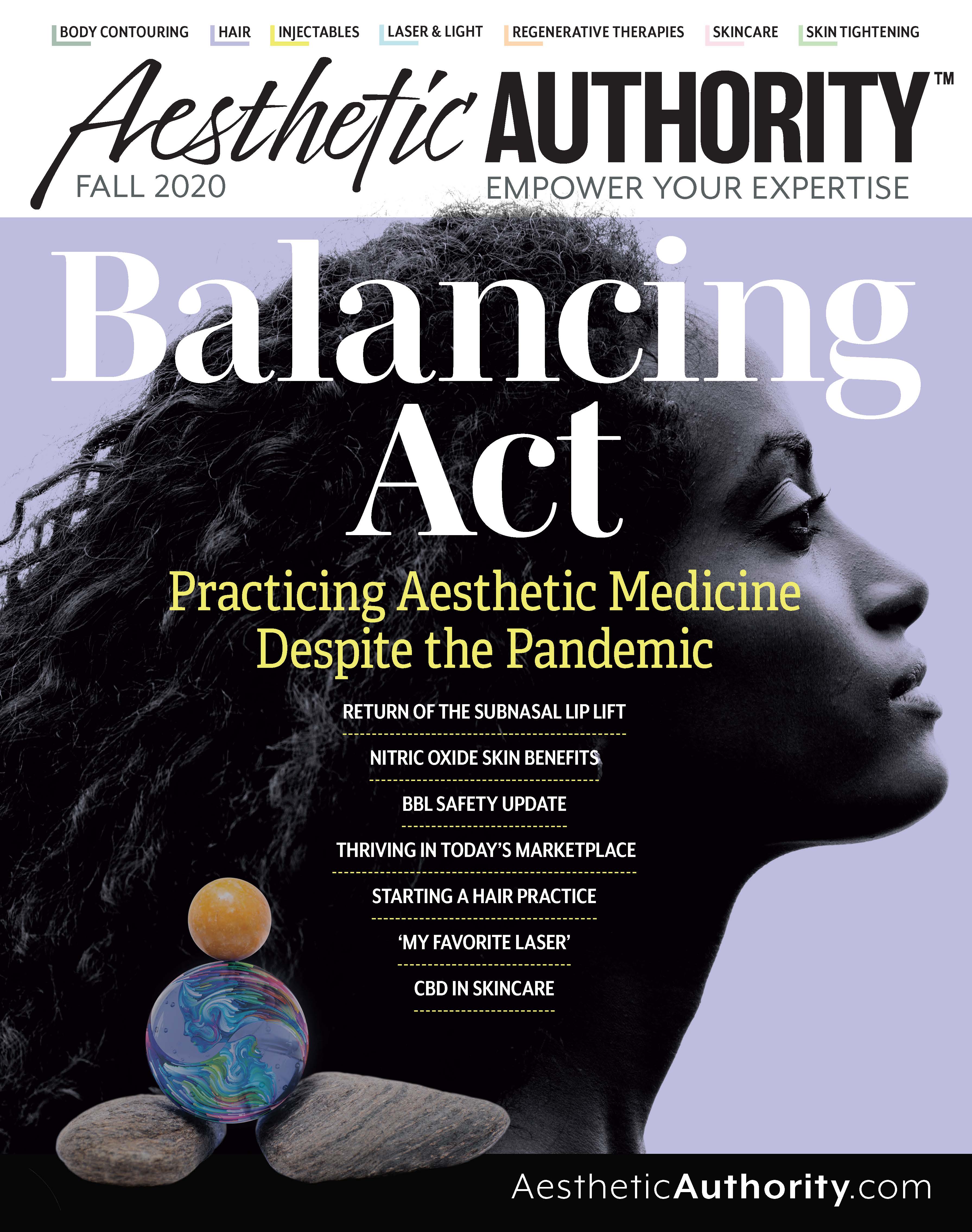- General Dermatology
- Eczema
- Alopecia
- Aesthetics
- Vitiligo
- COVID-19
- Actinic Keratosis
- Precision Medicine and Biologics
- Rare Disease
- Wound Care
- Rosacea
- Psoriasis
- Psoriatic Arthritis
- Atopic Dermatitis
- Melasma
- NP and PA
- Anti-Aging
- Skin Cancer
- Hidradenitis Suppurativa
- Drug Watch
- Pigmentary Disorders
- Acne
- Pediatric Dermatology
- Practice Management
Food Supplements and Hair Health
Many nutrients in food supplements may be effective for hair health, but deficiencies vary and may require individualized treatment.
Hair growth supplements have become big business in recent years. But how many of these one-size-fits-all formulations actually deliver the nutrients needed to support healthy hair growth? Italian physician Angelo Labrozzi, who studies hair loss and related treatment solutions, recently published his findings on the relationship between hair loss and nutrients in the open-access journal Hair Therapy & Transplantation.
In the article, “Nutrients in Hair Supplements: Evaluation of their Function in Hair Loss Treatment,” Labrozzi acknowledges that dietary supplements have been long used to support hair growth, even if they don’t have scientific support. Thus, his intent in this study was to examine the relationship between the most common nutrients found in food supplements available in Italy and hair loss, including zinc, copper, selenium, cysteine and methionine, vitamin C, vitamin B5, vitamin B6, biotin, niacin, taurine, folic acid, thiamine, riboflavin, and vitamin B12.
Labrozzi conducted a literature search of these nutrients, from the 1970s to today, using PubMed, Medline, Google Scholar, and other relevant scientific databases, to identify which have established clinical benefits for hair health.
He was able to draw correlations between several, but not all, nutrients and hair. These include the minerals zinc and selenium, amino acids cysteine and methionine, coenzyme folate, and vitamins C, B5, and B6.
One study Labrozzi cites links selenoprotein and selenium deficiency to abnormalities in the skin and in the hair. In another, “Statistically lower concentrations of serum zinc have been observed in patients with hair loss disorders,” he writes.
Labrozzi found that folate deficiency correlates with hair loss, vitamin C helps to maintain scalp health, vitamin E reduces hair loss, and vitamins B5 and B6 promote hair growth, according to his research.
He points out that while there is a connection to healthy hair support with the remaining nutrients on his list, clear or existing clinical support is lacking. These nutrients include iron, copper, biotin, niacin, taurine, and other B vitamins.
For example, “In vitro studies have shown that taurine can increase the survival of follicular cells,” he writes. But, he also points out that human studies on hair loss have not ever been conducted.
Overall, Labrozzi concludes that many nutrients in food supplements are effective, but hair-related deficiencies vary by individual and, as such, a one-size-fits-all supplement may not be fully effective in restoring biological hair functions.
“Only a targeted formulation and a careful evaluation of the elements will allow the creation of a food supplement capable to effectively combating [sic] hair loss.”
Reference:
Labrozzi A. Nutrients in Hair Supplements: Evaluation of their Function in Hair Loss Treatment. Hair Ther Transplant. 2020;10(1):1-6.

